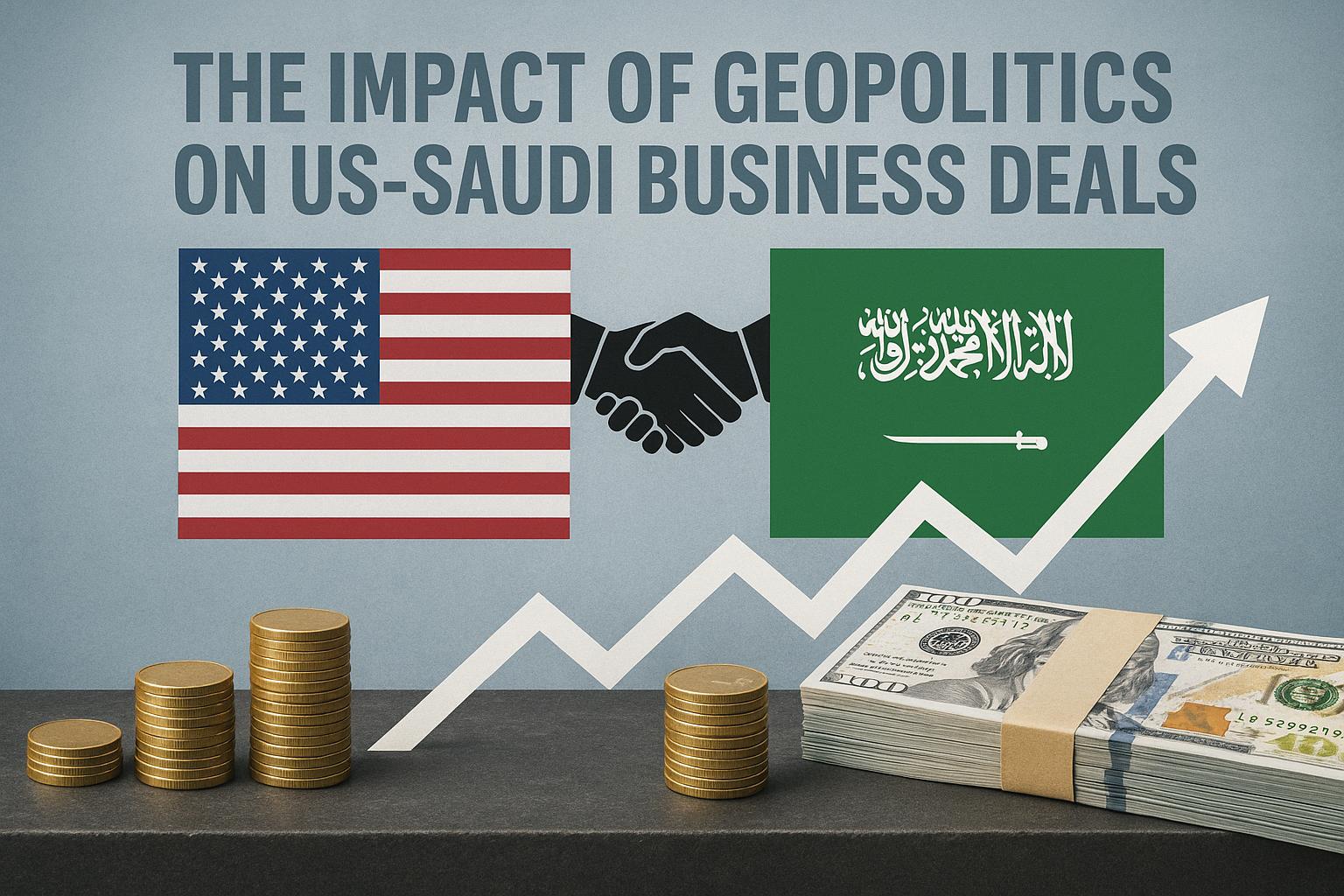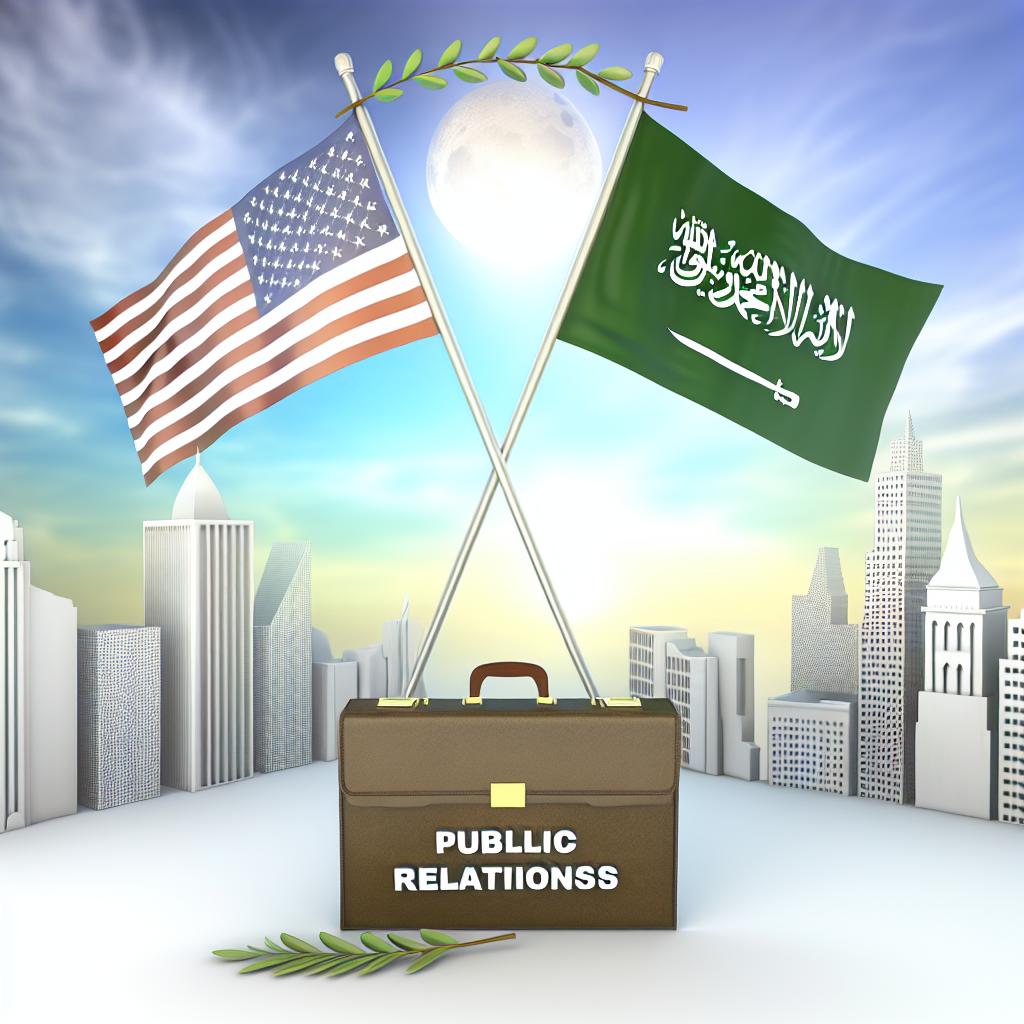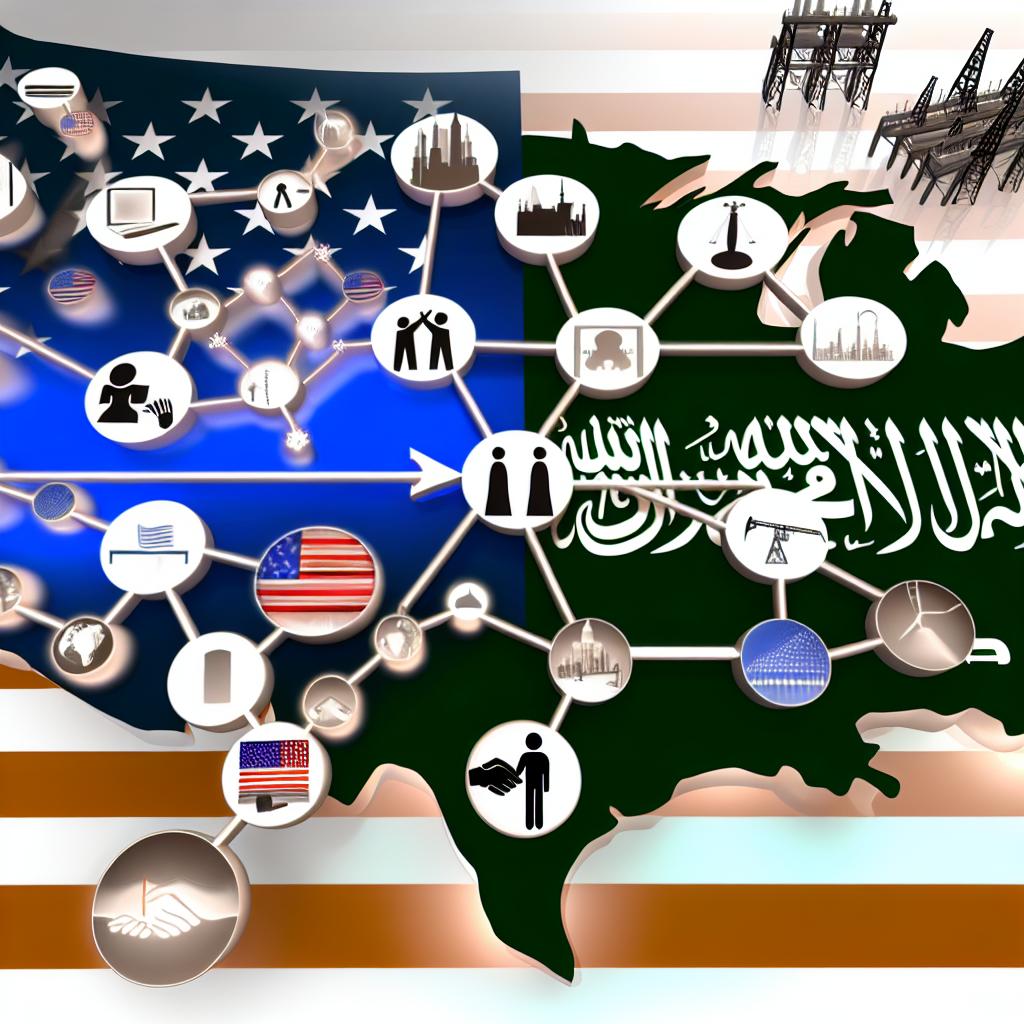Introduction
The intricate relationship between the United States and Saudi Arabia has long been a focal point of international relations. At the core of this relationship are numerous business deals that have been influenced significantly by geopolitical factors. This article explores how shifts in global politics impact these commercial agreements, highlighting the complexity of US-Saudi business relations.
Historical Context
The US-Saudi partnership has historically been driven by mutual interests, particularly in the oil sector. Saudi Arabia, as one of the world’s leading oil producers, has played a pivotal role in the global energy market, with the United States often relying on its oil exports. This dependency has traditionally formed the cornerstone of economic ties between the two nations.
Since the discovery of oil in Saudi Arabia in the early 20th century, the kingdom has been a crucial partner for the United States, providing a stable oil supply to fuel its growing economy. Over the decades, this relationship has evolved, prompted by changes in market demands, technological advancements, and the cyclical nature of global oil prices. Despite occasional fluctuations, the essence of this relationship remains rooted in energy cooperation, reflecting a symbiosis where each party benefits from the other’s resources and markets.
Current Geopolitical Climate
In recent years, the geopolitical climate has undergone substantial changes, influencing US-Saudi business dealings. Key factors include shifts in energy policies, regional conflicts, and evolving alliances. These changes have created a more complex environment for negotiations and collaborations between American and Saudi businesses.
Energy Policy Evolution
The global push towards renewable energy has affected oil-dependent economies like Saudi Arabia. The United States, with its increasing energy independence due to domestic oil and gas production, has also shifted its priorities. These dynamics lead to fewer traditional oil-based agreements and encourage diversification into areas such as technology and green energy initiatives.
With the rise of environmental consciousness, governments and companies alike are reassessing their carbon footprints, leading to intensified efforts towards sustainable energy solutions. For Saudi Arabia, this transition is captured in its Vision 2030 program, aiming to decrease dependence on oil revenues and invest in diverse sectors, thus prompting the kingdom to collaborate more extensively with US companies skilled in technology and innovation. This shift presents new business opportunities but also necessitates significant investments in research and development to ensure competitive advantage in the renewable energy sector.
Regional Conflicts and Security Concerns
The Middle East remains a hotspot for geopolitical tensions, with conflicts often affecting business operations and investment decisions. US-Saudi business deals must navigate these challenges, balancing commercial interests with political and security considerations. This can often result in delays or the need for strategic reassessment of agreements.
The ongoing conflicts in regions such as Yemen and tensions with Iran can pose significant risks to foreign investments, affecting the predictability and feasibility of long-term projects. American businesses engaged in Saudi Arabia must factor in potential disruptions, ensuring that contingency plans and risk assessments are integral to their operations. Additionally, security partnerships between the US and Saudi Arabia often influence business policies and guide foreign direct investments, emphasizing the need for strong diplomatic ties to safeguard commercial interests.
Implications for Businesses
For American and Saudi businesses, understanding the geopolitical landscape is vital to formulating effective strategies. Companies must consider not only the economic benefits but also political stability and bilateral relations when entering partnerships. This includes evaluating risks associated with regional instability and regulatory changes driven by international politics.
Strategic Diversification
To mitigate risks, businesses are increasingly looking to diversify their investments and partnerships. This diversification helps spread potential risks associated with geopolitical tensions and opens up new avenues for collaboration beyond traditional sectors. For example, investments in Saudi Arabia’s Vision 2030 initiative offer opportunities in sectors like technology, entertainment, and renewables.
As both nations strive to adapt to worldwide economic shifts, there is an amplified focus on areas previously underserved by bilateral trade. American companies are increasingly tapping into the Saudi market for technology and entertainment, encouraged by the kingdom’s ambitious agendas that call for cultural enrichment and digital transformation. Similarly, Saudi investors find opportunities in thriving US tech industries and Silicon Valley startups, regarded for their disruptive potential and innovative prowess. This inter-industry diversification not only fosters resilience against economic downturns but also enables businesses from both countries to leverage complementary strengths.
Conclusion
The impact of geopolitics on US-Saudi business deals is profound and multifaceted. As global dynamics continue to evolve, it is essential for businesses engaged in these bilateral agreements to stay informed and adaptable. While challenges exist, the longstanding relationship between these two nations continues to provide numerous opportunities for mutually beneficial collaborations. For further information on this topic, consider exploring insights from business analysis platforms and policy research centers.
In summary, the complexities of the US-Saudi relationship underscore the need for continuous dialogue and negotiation, ensuring that both countries can navigate the uncertainties of the geopolitical landscape. As businesses look beyond traditional domains and embrace innovative fields, adaptability and strategic foresight remain paramount for capitalizing on the opportunities this bilateral partnership has to offer.
This article was last updated on: September 7, 2025




